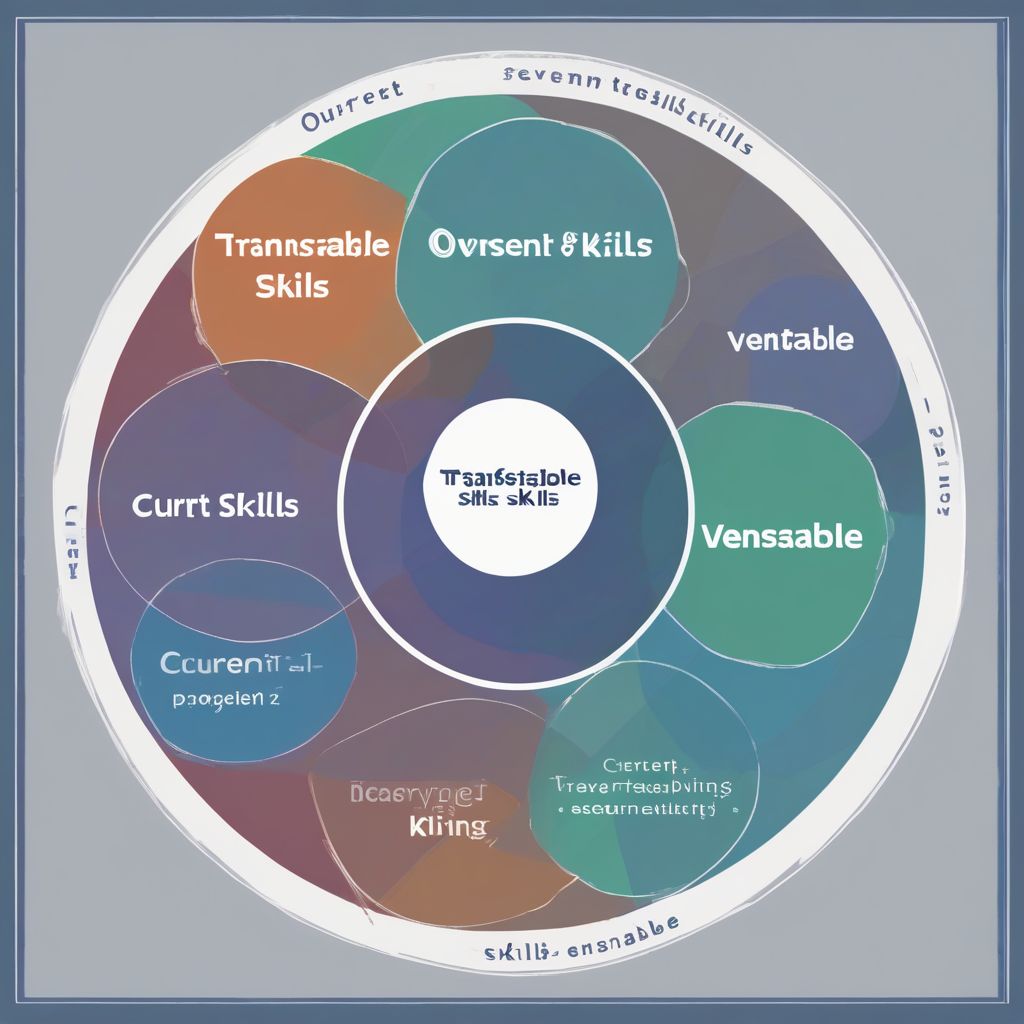Have you ever daydreamed about having a different job – one that you were truly passionate about? Maybe you even went online and started looking at other career paths that interested you. But then it hit you – you might not have the skills needed to make the leap. Don’t let that discourage you! Identifying the skills needed for a new career is the first step toward making a change. And the good news is – you probably have more transferable skills than you realize.
This guide will walk you through how to identify the skills required for your new career, make a plan to acquire them, and confidently market yourself to potential employers.
Understanding the Skills Needed for Your New Career
Before diving into skill-building, you need to define where you’re headed. What does your dream career look like? Once you have a clear picture, you can start researching.
1. Research Your Dream Job
Start by browsing job postings for positions that interest you. Pay close attention to the skills and qualifications listed. Look for common themes. Are specific software programs mentioned frequently? Are there soft skills, like communication or teamwork, that appear in multiple descriptions?
For example, if you’re interested in becoming a web developer, you’ll likely notice a demand for skills in HTML, CSS, JavaScript, and various programming languages.
2. Break Down the Skills
Once you have a list of common skills, divide them into two categories:
-
Hard skills: These are technical skills that are often learned through formal education, training programs, or on-the-job experience. They’re usually easy to measure and quantify. For a web developer, hard skills would include coding languages and software proficiency.
-
Soft skills: These are more about how you work and interact with others. They are personality traits, behaviors, and social graces that make you a good employee (and a good person to work with). They can be harder to quantify, but they are equally important for career success. Examples of soft skills include communication, problem-solving, critical thinking, adaptability, and leadership.
3. Identify Your Transferable Skills
You might be surprised how many skills from your previous roles apply to your desired career. Think about the tasks you enjoyed and excelled at in the past. What skills did those tasks require?
For example, maybe you were responsible for managing projects in your previous role. This demonstrates organizational skills, time management, and leadership—all of which are highly transferable to many careers.
 Transferable Skills
Transferable Skills
Bridging the Gap
Now that you know what skills you need, it’s time to bridge the gap between where you are and where you want to be.
1. Upskill and Reskill
Identify the skills you’re lacking and find ways to gain experience:
- Formal Education: Consider pursuing a degree, diploma, or certification program to gain in-depth knowledge and credentials.
- Online Courses: Take advantage of online learning platforms like Coursera, Udemy, or edX to learn new skills at your own pace.
- Workshops & Seminars: Attend industry events and workshops to gain practical skills and network with professionals.
- Volunteer Work: Volunteering is an excellent way to gain hands-on experience in your desired field while giving back to the community.
2. Build Your Portfolio
A portfolio is a powerful tool to showcase your skills and experience. Create projects that demonstrate your abilities in your target field. For instance, if you aspire to be a graphic designer, build a portfolio website displaying your design work.
3. Network Strategically
Networking can open doors to new opportunities. Connect with people in your desired industry through LinkedIn, professional organizations, and industry events. Attend conferences, join webinars, and engage in online forums to expand your professional circle.
Showcasing Your Skills to Potential Employers
You’ve gained the skills; now it’s time to make them shine!
1. Tailor Your Resume & Cover Letter
Customize your resume and cover letter to highlight the skills and experience relevant to each job you apply for. Use keywords from the job description and showcase your accomplishments using the STAR method (Situation, Task, Action, Result) to provide specific examples of how you’ve used your skills successfully.
2. Build a Strong Online Presence
Your online presence is often the first impression you make on potential employers. Create a professional website or LinkedIn profile highlighting your skills and experience. Participate in industry forums and share valuable insights to establish yourself as a thought leader.
3. Practice Your Interview Skills
Prepare for interviews by researching common interview questions and practicing your answers. Be ready to provide specific examples that demonstrate your skills and experience. Don’t be afraid to share your career transition story and how your previous experiences have equipped you for this new role.
Don’t Underestimate the Power of Soft Skills
While hard skills often get more attention, employers increasingly seek candidates with strong soft skills. Develop skills like:
- Communication: Effective communication is crucial in any role. Practice your written and verbal communication skills, and learn to articulate your ideas clearly and concisely.
- Problem-solving: Employers value individuals who can think critically and solve problems independently.
- Teamwork: Most jobs require collaboration. Highlight your experience working effectively in teams.
- Adaptability: The ability to adapt to change is essential in today’s fast-paced world.
Conclusion
Changing careers can be daunting, but it’s also incredibly rewarding. By identifying the skills required for your new career and taking proactive steps to acquire them, you’ll be well on your way to landing your dream job. Remember that this journey requires time, dedication, and a willingness to learn and grow. Embrace the challenge and enjoy the process!
[amazon bestseller=”career change”]
Are you ready to take the next step toward your new career? Share your thoughts, experiences, or questions in the comments below. I’d love to hear from you!
